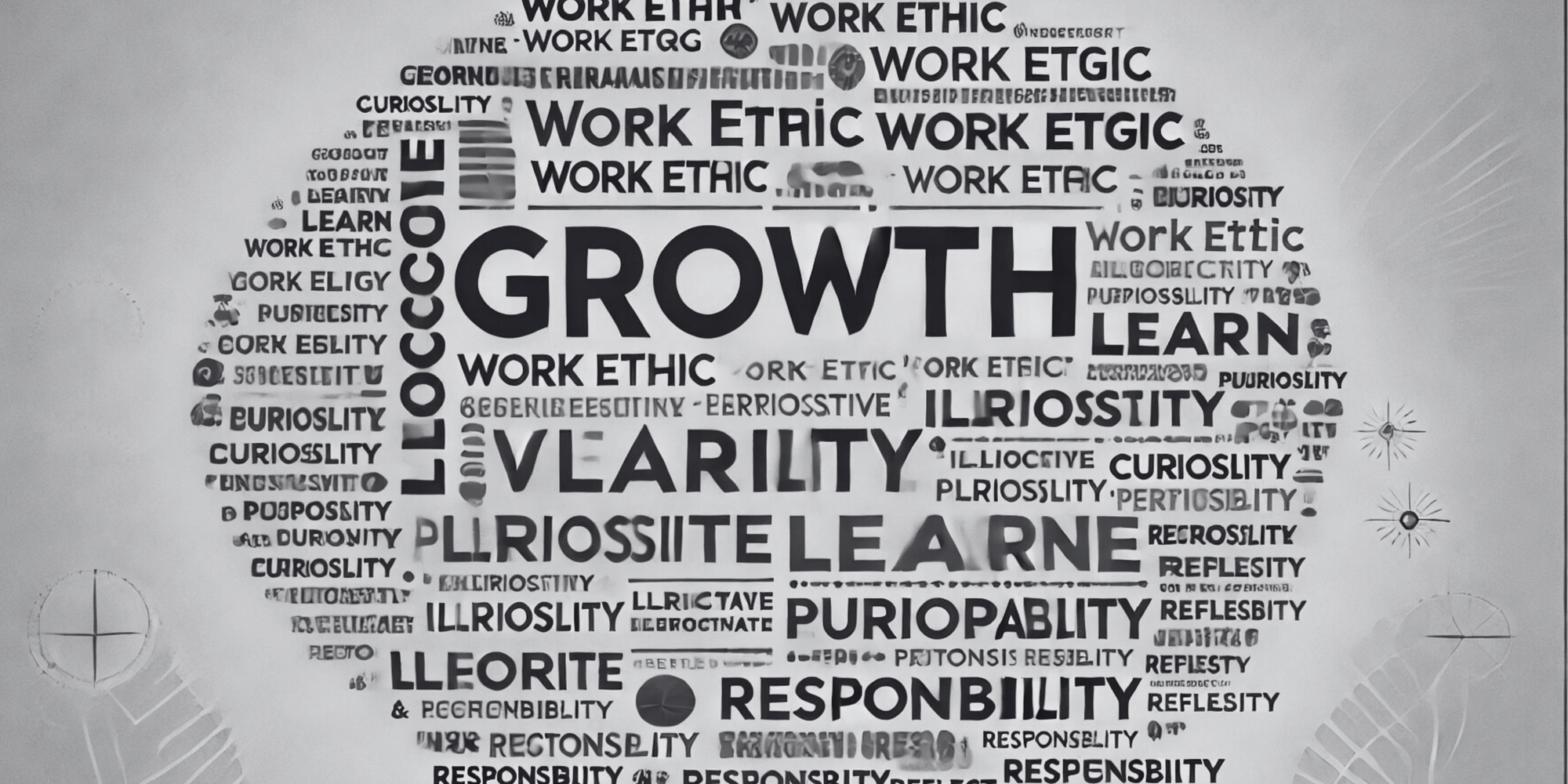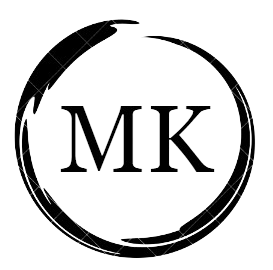Beyond Technical Skills

Having spent a few years navigating the professional world of data and analytics, one thing has become crystal clear: you’ll often find yourself surrounded by people who have similar, if not superior, technical abilities. Some might have more experience, others might hold more prestigious degrees. But the truth is, the secret to standing out lies in a completely different set of ingredients.
Have a Growth Mindset
At the heart of this recipe is a growth mindset. If I were in a position to hire, I would choose someone who is easy to engage with, has a humble attitude, and shows an eagerness to learn. It’s not about what you know today, but about your vision for growth and how willing you are to evolve. Whether it’s through formal training or casual conversations, always look for opportunities to learn. The more you take in, the more valuable you become—not just for your technical skills, but for your broader understanding of the business and the people around you.
I remember starting out in a graduate program in London, alongside 17 other associates. We came from diverse backgrounds, each with varying levels of technical expertise. Some had barely touched analytics, while others were Python and SQL whizzes. I fell somewhere in the middle—not a coding expert, but comfortable enough. Yet, here's the thing: technical skills alone aren’t what make you stand out. They’re essential, sure, but they’re also teachable. In fact, with the rise of GenAI, these hard skills are becoming even more accessible. They’re not your differentiators.
So, what truly makes you stand out? Simple human qualities—being proactive, participative, and genuinely curious. You don’t need to know it all. What matters is that you have the desire to learn, to raise your hand when something doesn’t make sense, and to ask questions until you truly understand. It's about going the extra mile—volunteering for a project, offering help to a colleague, or taking the initiative to learn from those with more experience.
Reach out to your more experienced peers and ask them about their journey. What challenges did they face? What advice would they give to someone starting out? These small yet meaningful interactions can set you apart. It’s not the technical know-how, but these simple, human actions that can elevate you in your career.
Find your Illuminator
Another point I can’t stress enough is the importance of being vocal about your vision from the very start. If you think growth within a company will happen naturally over time just by doing the job assigned to you, it’s time to burst that bubble. You need to actively seek out your illuminators. These are the people who will look out for you, offer the right advice, and support your development.
Identifying these hidden gems isn’t always easy, but the more you engage with those around and above you, the better your chances of finding someone who can light your path. An illuminator is someone who sees your potential, recognizes your capabilities, and helps you refine and showcase them. But it requires curiosity and initiative on your part—to go on that journey of discovering who they are. The right illuminator will identify the spark within you and guide you to shine even brighter.
Strong work ethics
A strong work ethic is another key ingredient in the recipe for success. Be that reliable, trustworthy person whom others can count on to get the job done, no matter the challenges. When you say yes to a project, it becomes your responsibility to see it through from start to finish. You don’t need to have all the answers upfront, but you should have the ability to navigate the process—by seeking help, asking the right questions, and, most importantly, maintaining open communication with your manager and stakeholders about progress, timelines, and any challenges that arise.
When starting a project, don’t just aim to complete it for the sake of ticking it off the list. Approach it as an opportunity for growth. Apply what you know, but also challenge yourself to learn something new along the way. At the end of the project, take a moment to reflect on your learnings and consider what you could have done differently. And always think about the quality of your work. If someone else looks at it in the future, will it hold up to the mark? Is it something you can be proud of?
Take charge
I read about this concept called 'Managing up' recently in Eva Murray's excellent article and it instantly resonated with me because I realized it’s something I’ve been practising throughout my career. The concept of managing up is like a handshake between being a good communicator and being proactive. Anytime I hear of a new opportunity/project that aligns with my interest, I make sure I let my manager know that I would like to be involved or take charge of that particular project. There’s no guarantee they’ll always say yes—sometimes they have other plans for you, and that’s perfectly fine. But by being proactive, you significantly increase your chances of getting the opportunity.
Also, whenever you have a 1:1 connect with your manager/client, don't just turn up. Make sure you are prepared. It may seem like a small detail, but it can have a huge impact. Recently, I asked my mentor during our 1:1 how I could seek feedback or advice from a very senior client I was working with. The client is extremely busy and never has time for casual catch-ups. His advice was spot-on: whenever you ask for time from a C-suite stakeholder, you need to have a clear agenda and communicate it in advance. For instance, in this case, he suggested I mention why I needed her feedback, what specific advice I was seeking, and the exact questions I wanted to cover. This not only reassures them that their time will be well spent but also reduces the likelihood of them declining the meeting.
Make yourself Visible
Imagine you’ve just completed a highly challenging project, solving it with impressive technical expertise. But only you and your manager are aware of your achievement. You might think, “Well, if my manager knows, that’s all that matters, right?” Wrong. To truly grow within your organization, you need to make your work visible.
Gaining visibility isn’t as difficult as it may seem. You can present your work at the next town hall or “show and share” session. Share your insights and learnings in the team chat, or even write a blog post and circulate it with your colleagues. The key is to consistently put yourself out there and ensure others know what you’re contributing.
Visibility doesn’t always require grand gestures. Sometimes, it's as simple as asking thoughtful questions or seeking opinions on a topic. I came across a concept called “Working Loudly,” which emphasizes making your work and progress known through open communication. It’s about sharing your journey, not just your results, and inviting others into the process. By doing so, you’re not only showcasing your expertise but also building connections and opening doors to future opportunities.
Closing
Apply these simple techniques in your daily work and take ownership of your career. Remember, your growth is in your hands, and no one will advocate for you better than yourself. Whether it’s building relationships, gaining visibility, or sharpening your skills, always be a go-getter. 😊

